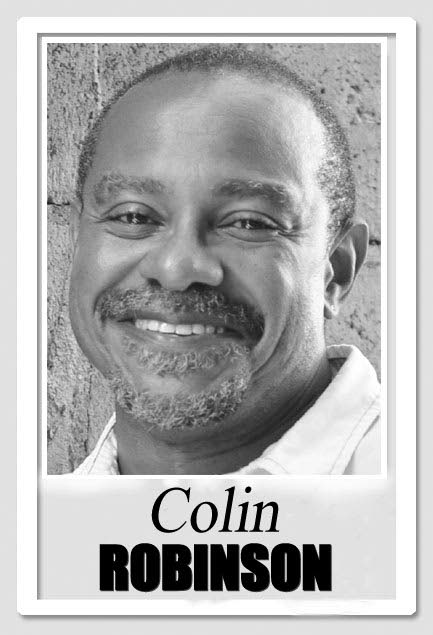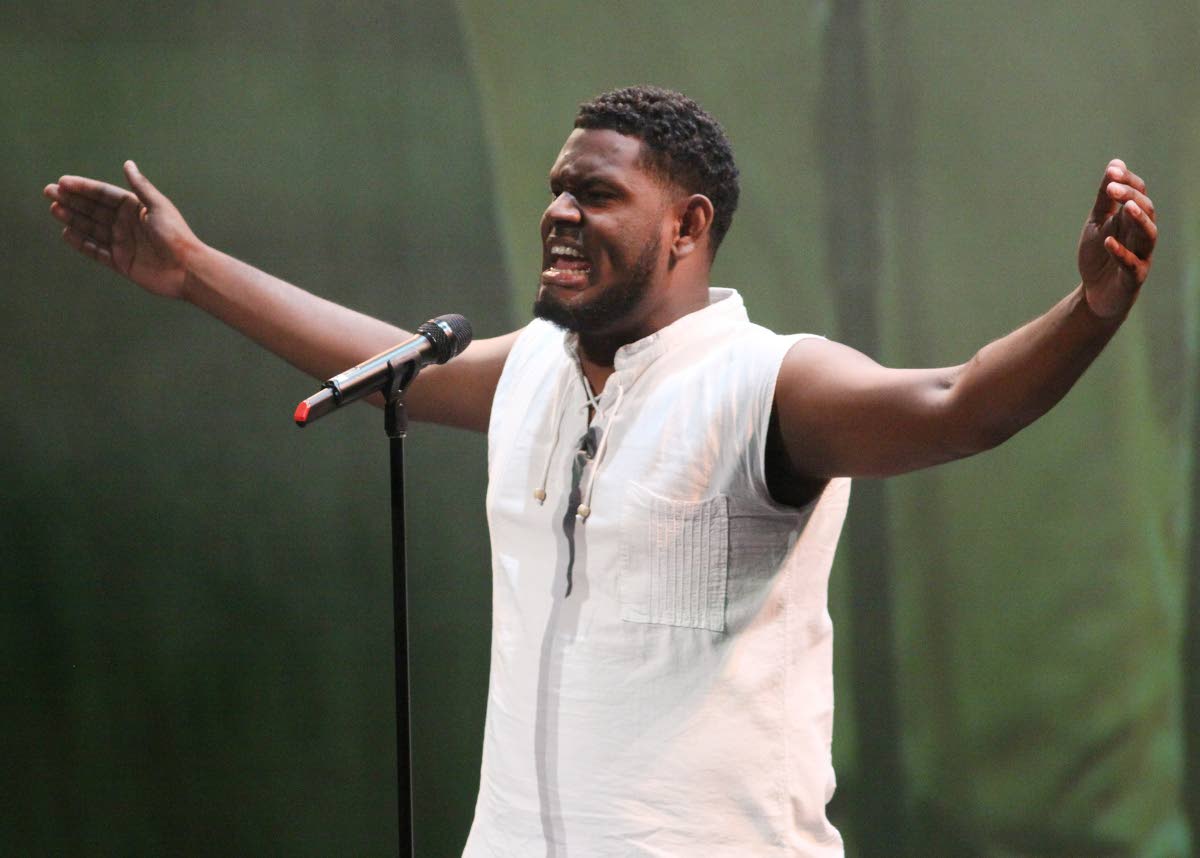Cricket, crime and change

I opened my batting in this crease, back in March, talking about change, and our national struggle with how to.
I’m no CLR James or David Rudder, but Caribbean cricket could teach us big lessons about life and change. It’s a lot like everything else in our countries. Looking in two opposite directions—in one, we see how the Caribbean Premier League has transformed cricket as a market and cultural experience; in the other, we see the insoluble struggles over governance with the WI “Board of Control,” and Caricom’s impotence to intervene. Cricket illuminates the power of, perhaps, the Caribbean’s two strongest traits—the transformative capacity of our imagination and playfulness; and the incompetence of our taste for authority.
Responding to last week’s column about the history of LGBTI+ transformations here, Dr Rosamond King (a conspirator in the Manhattan Pride big truck story I narrated) offered a reminder that imagination is technology:
“‘Imagination is the thing’…[says] Colin Robinson…I’ve written it differently, saying the same thing: when we take imagination seriously as methodology, we can and do make change.” It is a conversation we have been having for two decades, and an argument she maps out in the afterword to an award-winning 2015 book Island Bodies. It documents transgressive ways Caribbean people have re-imagined sexual orthodoxy.
Change—and the technology of change—are growing conversations in the public sphere here. Last Thursday, in a session with one of its behavioural economists and a NextGen panel it has assembled of diverse local change makers, the InterAmerican Development Bank invited Dr Terrence Farrell to expand on the thesis of his 2017 book We Like It So?
Working in the opposite direction to King, Farrell aims to link our “economic underachievement” with Caribbean history and culture. A pillar of his analysis is that we are a low-trust society. But he notes, more importantly, that most of our “innovations are made at the lower social levels…within the…sections of society most resistant to conformity.” Innovation here is fundamentally about rule-breaking.
Tuesday gone, Steve and Ayodhya Oudit and psychiatrist Dr Gerard Hutchinson drew a standing-room-only crowd to Medulla Gallery for a somewhat disappointing presentation of some of the work the Oudits’ company Vessel has been doing to apply behavioural economics locally. The core message, however, is that there is a rich, evolving, evidence-based, and available literature on changing social and economic behaviour that development organisations like the IDB and think tanks globally are engaged in expanding and applying. The Oudits have created a blog and offer to do tutorials on some of this literature.
With two swirls of controversy, the country’s installed a new “Red Steel” team of crime-rider captains. It’s an opportunity for me to step back from the horror I had shared here after witnessing the launch of Government’s crime prevention programme (NCPP), and the lack it displayed of any decision-maker-level analysis whatsoever about behaviour, economics—or imagination. It seemed an orgy of mourning our loss of authority; and a recitation of an ungrounded “one per cent theory of crime”—that criminals are some small group alien from “us.”
I reached out to several folks in despair. One, logically, is among a group of fearless young people sharing their visions for the nation, using spoken word to bring simple ideas powerfully home.
“We spend a lot of time focusing on what is happening, as opposed to why it’s happening,” he said. “And since you can’t fix a problem unless you know what it is or what caused it, we often find ourselves running in circles when it comes to crime prevention.
“I think the ‘why’ behind the recent rise in violent crime is hopelessness. Hopelessness breeds chaos. We have lost hope in legal systems, religious institutions and, most tragically, ourselves. Young men particularly are now more than ever hurt, insecure and desperate, which drives them to do reckless and tragic things, for the sake of pride, belonging, or necessity.
“If we want to stop crime, we need to restore hope. It’s the reason we flock to super-hero movies, miracles and role models—we crave an idea to hold on to. We need to give TT positive ideas to hold on to. If we:
• revolutionise our education system to accommodate and celebrate people who learn differently;
• convince young people that they are ‘leaders now,’ not just the future;
• provide spaces for marginalised groups to express themselves and heal through art, sport and education;
• highlight positive activities like this in mass media,
we can slowly change our destructive culture of ‘This country is the worst’ to ‘I love my country.’
“Because you don’t hurt something you love or believe in.”
If 23-year-old Kyle Hernandez from Princes Town, who’s probably never read a behavioural economics text, can imagine this so clearly, maybe our Red Steel minister and commissioner can too.
Off to T20!


Comments
"Cricket, crime and change"